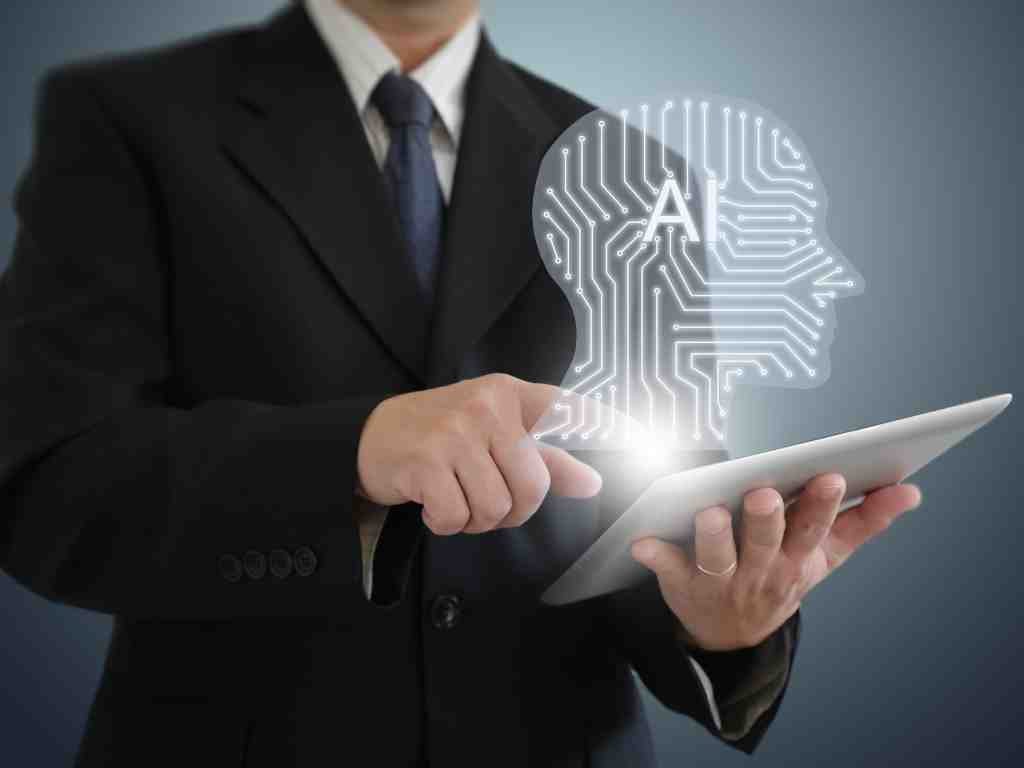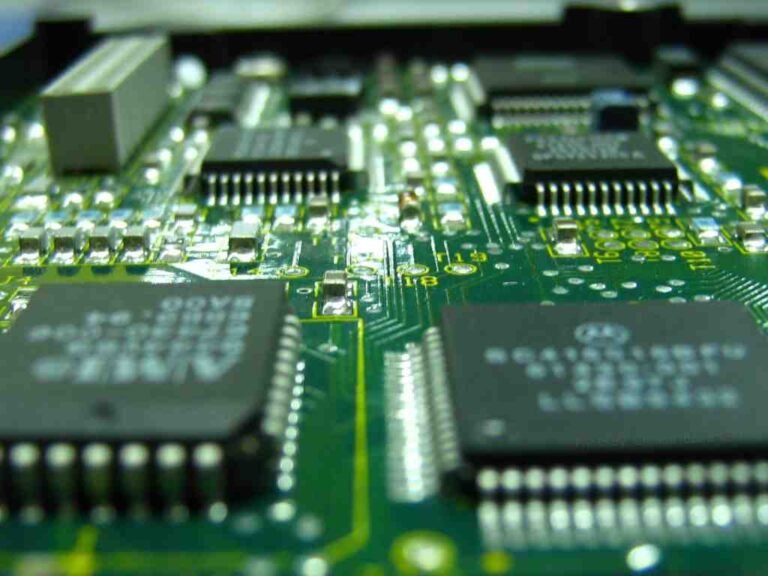
Introduction to AI-Driven Personal Assistants
AI-driven personal assistants have transformed the landscape of technology by seamlessly integrating into our daily lives. These systems leverage artificial intelligence to provide users with customized assistance, streamlining various tasks and enhancing overall productivity. Initially, personal assistants were rudimentary tools designed to perform basic functions, such as setting reminders or providing weather updates. However, with advancements in machine learning and natural language processing, they have evolved into sophisticated systems capable of learning from user interactions and adapting to individual preferences.
The relevance of AI-driven personal assistants in today’s fast-paced environment cannot be underestimated. As people juggle multiple responsibilities, these tools serve as indispensable assets, helping individuals organize their schedules, manage communications, and prioritize essential tasks. By analyzing user behavior and preferences, these assistants can predict needs and suggest actions, turning them into proactive resources rather than passive performers.
This evolution reflects the significant role technology plays in enhancing convenience and productivity. Users can now rely on personal assistants to facilitate a range of activities, from simple errands to complex planning, catering to both personal and professional aspects of life. In addition, the integration of voice recognition and natural language understanding has further propelled the accessibility of these tools, making them user-friendly and broadly applicable.
Moreover, the ongoing development of AI-driven personal assistants signals a trend toward increasing automation and personalization in technology. As they continue to adapt to the changing demands of users, these smart assistants become ever more crucial in ensuring that daily routines are managed effectively. This growing importance positions AI-driven personal assistants not just as tools, but as vital components of modern productivity strategies.
Popular AI Personal Assistants and Their Features
The landscape of AI-driven personal assistants has witnessed remarkable advancements, leading to the emergence of several prominent players, including Amazon Alexa, Google Assistant, Apple Siri, and Microsoft Cortana. Each of these assistants boasts distinct features and capabilities, designed to enhance user experience and streamline daily activities.
Amazon Alexa stands out for its robust integration with a vast range of smart home devices, allowing users to control their environments seamlessly. Alexa employs advanced voice recognition technology and machine learning algorithms to comprehend user requests and preferences. Over time, it learns user habits, fine-tuning its responses and recommendations. The “Skills” feature offers additional functionalities, enabling third-party applications to expand its capabilities significantly.
- Our best sounding Echo Dot yet – Enjoy an improved audio experience compared to any previous Echo Dot with Alexa for clearer vocals, deeper bass and vibrant sound in any room.
- Your favorite music and content – Play music, audiobooks, and podcasts from Amazon Music, Apple Music, Spotify and others or via Bluetooth throughout your home.
- Alexa is happy to help – Ask Alexa for weather updates and to set hands-free timers, get answers to your questions and even hear jokes. Need a few extra minutes in the morning? Just tap your Echo Dot …
Google Assistant is renowned for its powerful search capabilities. Leveraging Google’s search engine, this assistant provides timely and accurate information in response to various queries. Along with voice control, Google Assistant can manage tasks, send messages, and even conduct video calls. Its mastery of natural language processing enables it to understand context better, making conversations feel more intuitive. Additionally, Google Assistant integrates seamlessly with various Google services, further enhancing user convenience.
- Nest’s smartest, most advanced thermostat yet, the Google Nest Learning Thermostat (4th gen) is a beautiful, brilliant way to save energy, keep your home comfortable, and help make sure your heating a…
- Improved compatibility: It works with most 24V systems, including gas, electric, oil, forced air, heat pump, and radiant, and no C wire is required for installation in most homes; visit the Nest Compa…
- Better visibility into adjustments: Asks for permission to make schedule changes to help you save energy; you’ll receive notifications in the Google Home app, and you can view and accept changes with …
Apple Siri combines its functionality with the Apple’s ecosystem, ensuring users can access various features across devices like iPhones, iPads, and Macs. Siri’s emphasis on privacy is notable, as it allows users to manage personal data securely. The assistant adapts to individual preferences, learning from interactions to refine its capabilities over time, thereby ensuring personalized assistance and task management.
- Stream TV/Movies over Wi-Fi (Or Ethernet for the 128GB)
- Powered by the A15 Bionic Chip
- 128GB or 64GB of Built-In Storage
Microsoft Cortana, while not as dominant as its counterparts, still offers unique advantages within the Microsoft ecosystem, such as integration with Office applications. It harnesses AI to assist users in organizing tasks, setting reminders, and providing pertinent information. Cortana’s capability to learn from user interactions allows it to offer a tailored experience, albeit with a narrower focus compared to its competitors.
- Next-gen, best-in-class laptop with the versatility of a studio and tablet, so you can type, touch, draw, write, work, and play more naturally
- Faster than Surface Pro 6, with a 10th Gen Intel Core Processor – redefining what’s possible in a thin and light computer. Wireless : Wi-Fi 6: 802.11ax compatible. Bluetooth Wireless 5.0 technology
- More ways to connect, with both USB-C and USB-A ports for connecting to displays, docking stations and more, as well as accessory charging
Adapting to Daily Routines: How AI Assistants Learn
AI-driven personal assistants have revolutionized the way individuals manage their daily tasks. These systems utilize advanced machine learning algorithms to assess and adapt to users’ routines. By gathering data over time, AI assistants analyze patterns related to scheduling, preferences, and user behaviors. This ongoing analysis allows them to refine their functionalities and provide increasingly personalized interactions that enhance overall user satisfaction.
The learning mechanisms employed by these assistants hinge on several key components, with data analysis being central. AI systems collect information from various sources including user inputs, past interactions, and even context from smart home devices. For instance, if a user consistently requests weather updates every morning, the assistant learns to anticipate this request and deliver weather information proactively each day. Such predictive features significantly enhance workflow efficiency, allowing users to focus on more critical tasks.
User feedback also plays a crucial role in the learning process. Many AI assistants offer options for users to rate their experiences, providing valuable insights that further inform the algorithms. This feedback loop enables the systems to adjust their suggestions, improve response accuracy, and even discard features that users find unhelpful or intrusive. Consequently, this responsive adaptation not only streamlines user interactions but also establishes a stronger emotional connection between the user and the assistant.
Case studies highlight the success of AI-driven assistants in various user environments, ranging from busy professionals to families managing household tasks. Testimonials indicate that users experience increased productivity and reduced stress, thanks to the adaptive nature of these assistants. By continuously evolving to meet users’ specific needs, AI personal assistants exemplify the potential for technology to enhance daily life through tailored support.
Future Trends in AI Personal Assistants
The landscape of AI personal assistants is poised for significant transformation in the forthcoming years. Key advancements in natural language processing (NLP) will enhance the ability of these assistants to understand and respond to human language with greater nuance and context. This shift will not only improve user interactions but also enable assistants to grasp complex commands and queries more effectively, providing a richer, more intuitive user experience.
Another emerging trend is the move towards proactive assistance capabilities. Future AI personal assistants will likely anticipate user needs based on historical data and behavioral patterns. For instance, they could remind users of upcoming appointments, suggest optimal times for tasks, or even offer tailored recommendations for products and services without explicit prompts. This proactive approach is aimed at making daily routines smoother and more efficient, further embedding these technologies into users’ lives.
The integration of AI personal assistants with the Internet of Things (IoT) will revolutionize smart home environments. As more devices become interconnected, AI assistants will have the potential to control and optimize home functionalities, such as adjusting ambient lighting, managing security systems, or regulating energy consumption. This interaction will create a seamless user experience, where the assistant serves as a central hub for smart devices, making life more convenient and manageable.
While the growth of AI personal assistants is promising, it also raises crucial ethical considerations and privacy concerns. As these technologies become deeply integrated into daily routines, questions surrounding data security and user privacy will become increasingly urgent. Developers and companies will face the challenge of balancing enhanced functionality with the need to protect sensitive information. Addressing these challenges will be vital to fostering trust and acceptance among users, ensuring that the evolution of AI personal assistants is both beneficial and responsible.







